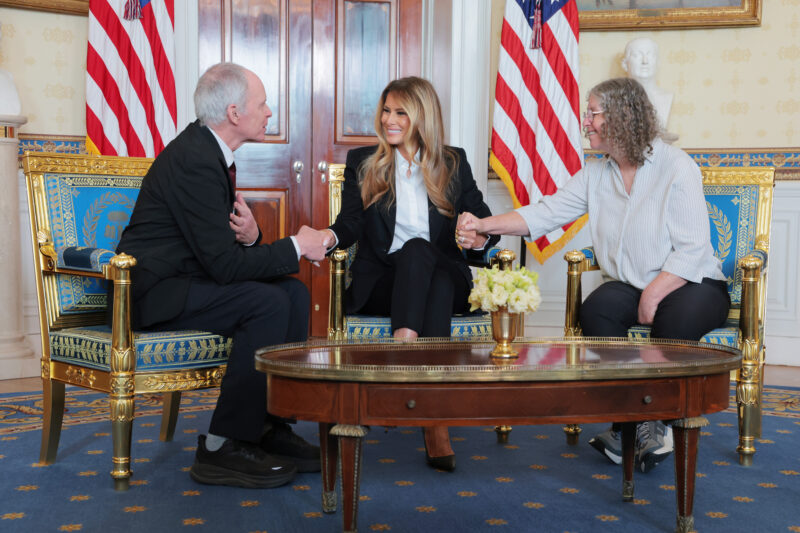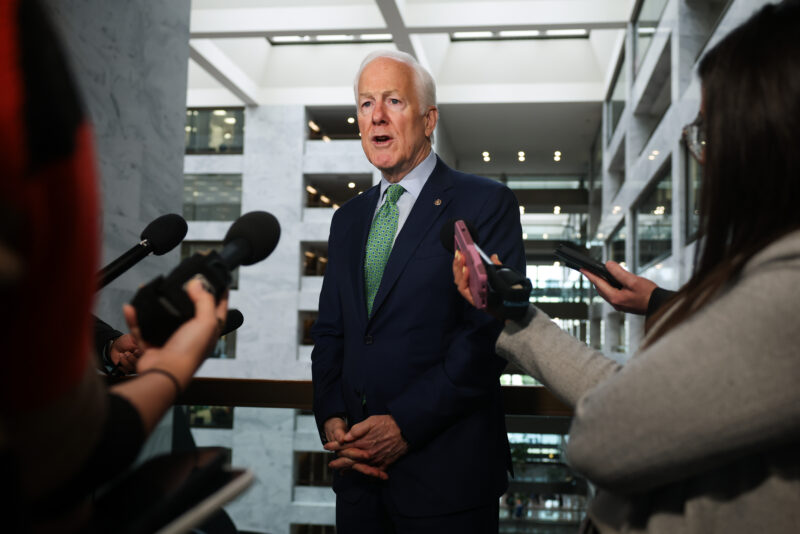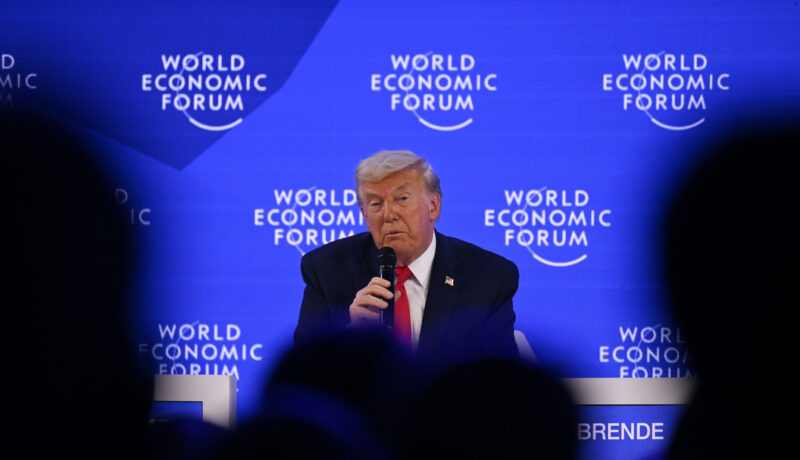Israel moves toward ‘armament independence’ after tensions with U.S. in last year
Defense Ministry strikes deal to produce heavy bombs at home after U.S. delayed shipments; defense planning committee warns Israel’s ability to import arms from the U.S. will likely worsen

(Photo by Kevin Dietsch/Getty Images)
WASHINGTON, DC - NOVEMBER 19: U.S. Sen. Bernie Sanders (I-VT), joined by fellow senators (L-R) U.S. Sen. Chris Van Hollen (D-MD), U.S. Sen. Peter Welch (D-VT) a U.S. Sen. Jeff Merkley (D-OR), speaks at a news conference on restricting arms sales to Israel at the U.S. Capitol on November 19, 2024 in Washington, DC. Sanders held the news conference to discuss Wednesday's Senate floor vote on a Joint Resolutions of Disapproval (JRD) to block the sale of certain offensive arms to Israel.
Israel is beginning to reduce its dependence on the U.S. for weapons after a year marked by repeated tensions between Jerusalem and Washington over the delivery of armaments for Israel to use in the wars in Gaza and Lebanon.
The Israeli Defense Ministry moved to bolster domestic arms manufacturing this week, the day after a committee tasked with creating an overarching defense plan for Israel in the coming decade recommended that Israel attain “armament independence.”
In a step towards greater independence, the Defense Ministry signed two deals amounting to $275 million with Elbit Systems, an Israeli manufacturer, on Tuesday to provide the IDF with heavy bombs and to build a new facility for the production of raw materials.
Heavy bombs are among the weaponry the U.S. delayed shipping to Israel amid the Biden administration’s pressure to allow more humanitarian aid into Gaza. A growing faction of Democrats have recently voted to block or restrict transfers of weapons to Israel.
The raw materials plant is meant to “reduce reliance on imported raw materials,” according to the Defense Ministry.
Defense Ministry Director-General Maj.-Gen. (res.) Eyal Zamir said that Israel is working towards “full independence in both areas.”
“This is a central lesson from the war that will enable the IDF to continue operating powerfully in all theaters,” Zamir added.
On Monday, a government-appointed committee led by former Israeli National Security Advisor Jacob Nagel submitted its findings to Israeli Prime Minister Benjamin Netanyahu, after being tasked to make recommendations about how the IDF should face security challenges, build up its forces and use its budgets in the next decade. A version of the report was made available to the public.
“Armament independence” is one of seven areas in which the Nagel Committee said Israel must focus an increased defense budget, though the amount they recommend Israel spend is classified.
The committee noted that the need for independence in producing armaments “went from critical to acute” since the war that began when Hamas attacked Israel on Oct. 7.
“Armaments stock turned into a determinative factor in managing the campaign and deeply influenced the ability to advance military and diplomatic moves,” the report reads. “The war significantly challenged many conventions that existed for years of mainly relying on imports, mostly from the US but not only. The rate of consumption did not match the supply of manufacturing lines in Israel and the imports of arms and materials did not meet the necessary pace.”
“The entire world is becoming more complex and less patient and tolerant of Israel’s needs,” the report warns. “The entire supply chain on which Israel relies, including buying systems and products, as well as components and raw materials for independent production, have become more difficult to attain.”
The primary reasons Israel was not able to procure the weapons it needed were “an international arms race most because of the Russia-Ukraine war [and] increased barriers to exports to Israel mostly because of political decisions, public pressure and decision-makers’ interests.”
These challenges, the report says, are “expected to get worse moving forward, regardless of the kind of government in the U.S.”
The Nagel Committee warned that, while the fact that there are other, concurrent conflicts helps Israel diplomatically, the war in Ukraine means that Jerusalem and Kyiv are competing to buy arms. The panel warned that Taiwan is likely to bolster its stockpiles in the near future, as well.
In addition, the report states, “Israel must take into consideration a scenario in which the U.S. cannot supply all the armaments because it is in a bigger war while Israel needs accelerated supplies. A conflict between the U.S. and rivals in Eastern Asia or against Russia could certainly lead to a situation in which the U.S. cannot supply Israeli requests.”
The solution, the Nagel Committee writes, is “a strategy of building armament independence…Building an Israeli defense industry base in an informed and economic manner must be a central component of national security and economic growth.”
Details of critical armaments, infrastructure and research areas in which the committee recommends Israel be more independent remained classified.
The committee also noted that military industry is a core part of Israeli industry, in general, and that growth in that area can strengthen Israel’s economy.
Please log in if you already have a subscription, or subscribe to access the latest updates.























































































